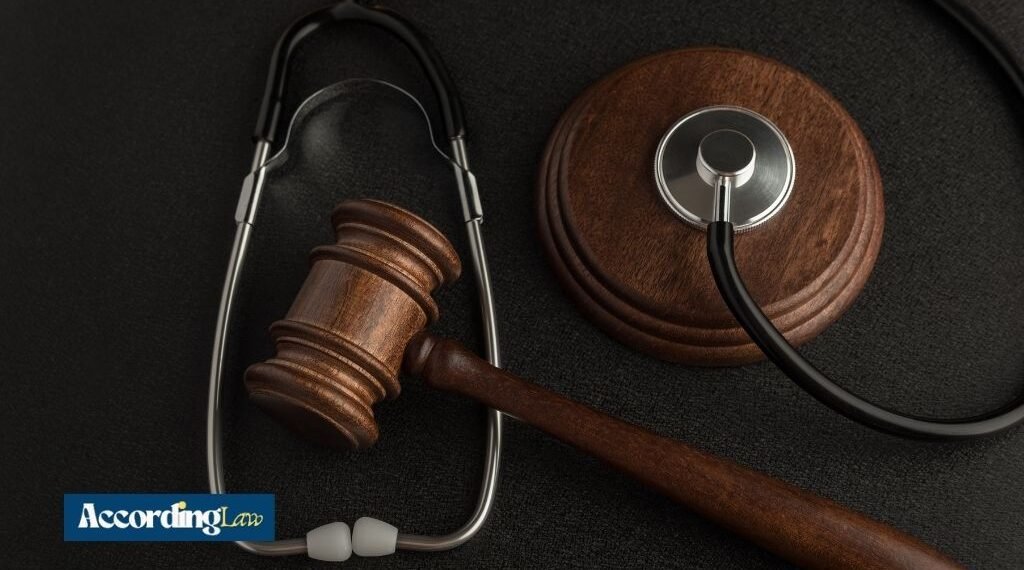White Plains is a busy city in New York where people go to work, school, shop, and get medical care. Most of the time, doctors and nurses in White Plains do a great job helping patients feel better. But sometimes, a doctor makes a mistake that causes serious harm. When that happens, the patient or their family might think about filing a medical malpractice claim.
If you believe a doctor’s mistake caused you harm, a medical malpractice attorney in White Plains can help you figure out what to do. But how do you prove that the doctor was truly negligent? Let’s break it down in very simple words.
Table of Contents
What Is Medical Negligence?
Medical negligence means that a doctor, nurse, or other healthcare worker didn’t do their job the way they should have. It means they made a mistake that another doctor probably wouldn’t have made.
For example:
If a mistake like this causes you harm, it could be medical negligence.
Proving the Doctor Was Negligent
To prove a doctor was negligent, there are a few key things you need to show. Think of them like building blocks.
Doctor-Patient Relationship
First, you need to show that the doctor was treating you. This is called a “doctor-patient relationship.” It means the doctor agreed to care for you, and you agreed to be treated by that doctor.
You can usually prove this with medical records or appointment notes.
Doctor Made a Mistake
Next, you have to prove that the doctor did something wrong, or didn’t do something they should have done. This could be giving the wrong treatment, not running a needed test, or failing to diagnose a serious illness.
To prove this, your lawyer may talk to another doctor. This doctor (called a medical expert) will explain what a careful doctor would have done in the same situation. If your doctor didn’t follow those steps, that’s a sign of negligence.
Mistake Caused Harm
It’s not enough to say the doctor made a mistake, you also have to prove that the mistake caused you harm. This could mean:
Your lawyer will use your medical records, test results, and expert opinions to show how the mistake hurt you.
Harm Led to Damages
Finally, you need to prove that the harm caused you to suffer in some way. These are called “damages.” They can include:
Your lawyer will help you collect bills, receipts, and other records to prove how much you lost because of the doctor’s mistake.
Why a Lawyer Helps
Medical malpractice cases can be very hard to prove. That’s why it’s so important to talk to a medical malpractice attorney. They know how to gather the right evidence, talk to experts, and deal with hospitals and insurance companies.
Most lawyers who handle these cases offer a free first meeting. They’ll listen to your story and let you know if you have a strong case.


